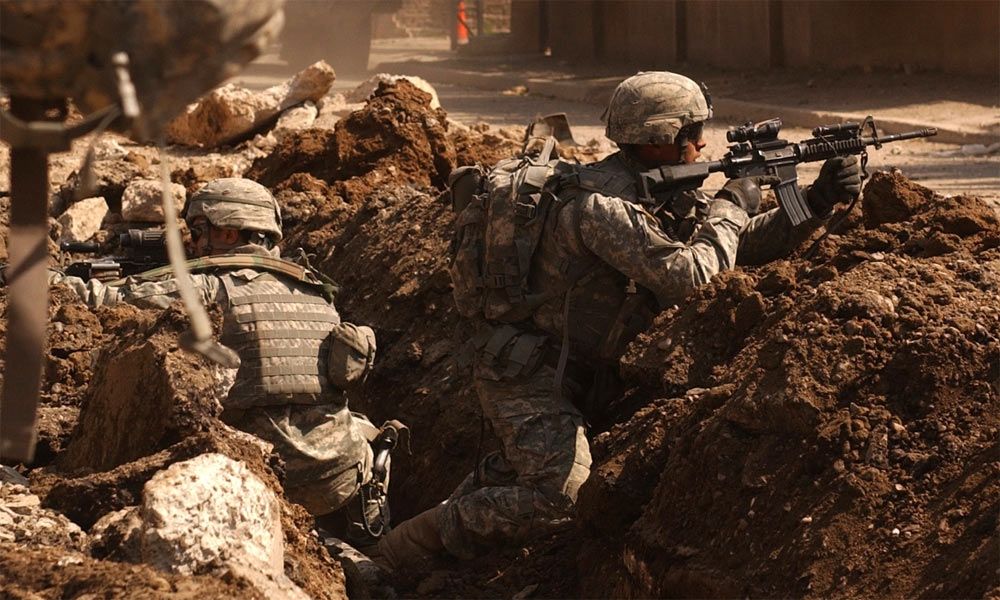US Military Seeks Sixth Sense Training

Ordinary soldiers have sometimes shown a battlefield sixth sense that has saved lives in Afghanistan and Iraq. Now the U.S. military wants to better understand that "spidey sense" and train troops to tap their inner superhero instincts.
The U.S. Office of Naval Research pointed to sixth sense research about how "humans can detect and act on unique patterns without consciously and intentionally analyzing them," according to a special notice posted on Feb. 29. It hopes to encourage such intuition in the brains of new soldiers, Marines and other troops with little or no battlefield experience.
Having intuition allows for split-second detection of patterns in the midst of uncertain scenarios — a possibly life-saving action in the face of an ambush or area rigged with roadside bombs.
But intuition stands apart from step-by-step, time-consuming analytical thinking because it happens both rapidly and subconsciously. A soldier may see, smell or hear something that gets subconsciously organized within hundreds of milliseconds to create the "feeling or impression of a solution" leading up to a sudden insight about the battlefield situation.
The U.S. military also pointed to studies suggesting a sixth sense can arise from "implicit learning" — absorbing information without being aware of the learning process — rather than building up expertise through years of practice. Ordinary examples of implicit learning include bike riding, learning new languages or developing intuition about how other people may act.
First, the Office of Naval Research (ONR) plans to measure the workings of both intuition and implicit learning. Next, it would create a working model of such thinking that could also reflect individual soldiers' differences, adapt to new situations, and account for the influence of battlefield stress or fatigue.
In the end, virtual battlefield simulations could help train soldiers' intuitions as well as collect information about their performance, ONR explained in its special notice. The U.S. military already uses game-like simulators to prepare soldiers for battlefield scenarios or even to help veterans suffering from post-traumatic stress disorder (PTSD).
Sign up for the Live Science daily newsletter now
Get the world’s most fascinating discoveries delivered straight to your inbox.
This story was provided by InnovationNewsDaily, a sister site to LiveScience. Follow InnovationNewsDaily on Twitter @News_Innovation, or on Facebook.











